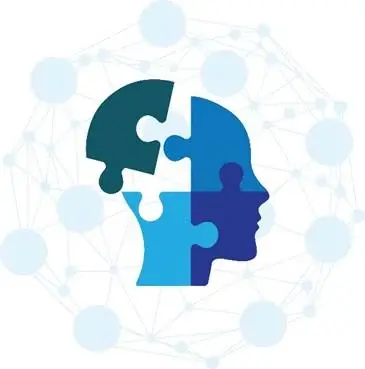About project
Project name: RO/FaME/2025/01, Technology, knowledge, and cooperation as keys to innovation and organisational performance, Ministry of Education, Youth and Sports, Tomas Bata University in Zlín, 2025–2026
Main objective:
The aim of the project is to explore how technology, knowledge management, and cooperation contribute to the development of an innovative environment and organisational performance. The project builds on previous research in the field of human capital management and knowledge management and develops it further to address new challenges related to digitalisation, artificial intelligence, and employee well-being.
Sub-objectives:
- Evidence-based decision-making in public administration
- Mapping barriers and proposing measures for the effective use of knowledge in decision-making at the local government level.
- Digital competencies of HR managers and the use of artificial intelligence
- Identifying key competencies and conditions for the successful implementation of AI in human resource management.
- Knowledge sharing and trust in organisations
- Collecting best practices to support knowledge sharing and strengthen trust among employees and between organisations.
- Employee wellbeing, especially Generation Z
- Exploring Generation Z’s attitudes toward work-life balance, financial literacy, and career management in relation to workplace wellbeing.
Project Annotation:
Innovative organisations are more resilient to change, more attractive to employees, and deliver greater value to their clients and society. The project “Technology, knowledge, and collaboration as keys to organisational innovation and performance” explores how these factors can be developed in a targeted manner, both in the private sector and in public administration. It focuses on:
- The use of artificial intelligence and digital skills in HR
- The introduction of evidence-based decision-making in local governments
- The development of a culture of knowledge sharing based on trust
- The promotion of employee well-being, with an emphasis on the needs of Generation Z.
The project outputs will be useful not only in research but also in practice – in setting up HR processes, creating employee development strategies, and improving the quality of decision-making in public administration. The project will also strengthen international cooperation and the use of research findings in the everyday reality of organisations.
Project leader:
Ing. Jana Matošková, Ph.D.
Members of the research team:
Ing. Petra Benyahya, Ph.D., Ing. Lucie Tomancová, Ph.D., doc. PhDr. Ing. Aleš Gregar, CSc., Ing. Lucie Macurová, Ph.D., Ing. Lukáš Danko, Ph.D., Ing. Filip Kučera, Ph.D., Ing. Lenka Smékalová, Ph.D., Ing. Bohumila Svitáková, Ph.D., Ing. Slavka Silberg, MBA, MSc, PhD., Ing. Martin Horák, Ph.D., Ing. Lucie Hrbáčková, Ph.D.
Project duration:
2025-2026
